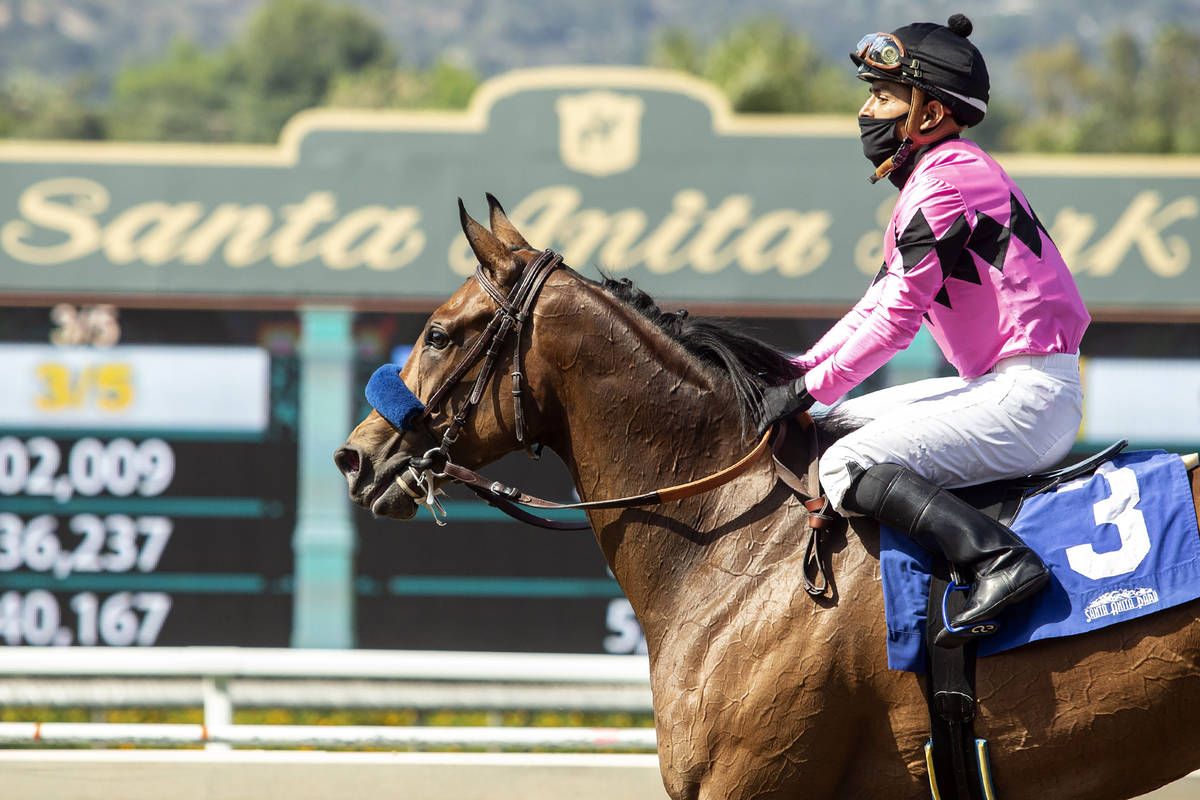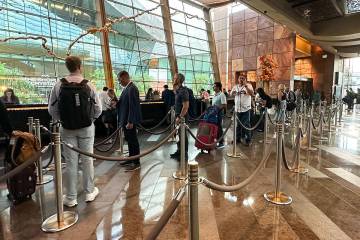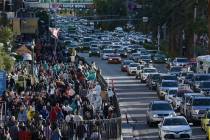California tribes, cities share different sports-betting views
When California voters go to the polls next year, they will have a decision to make on what sports wagering in the Golden State will look like in the years to come.
An initiative from four Indian tribes with casinos in the state has received the requisite number of signatures on petitions and has qualified to go before voters in 14 months on Nov. 8, 2022.
Meanwhile, a competing initiative from a group calling itself the California Cities Gaming Authority is getting ready to start its own petition drive. A spokesman for the group said it’s about two months from being on the street in a petition drive that must be completed within six months.
The key selling point for the cities initiative is that revenue generated from taxes on sports wagering would go toward funding programs that fight homelessness in California. But it also boils down to who will control gaming in the state.
The tribal gaming initiative bypassed some potential sports-betting outlets — city-regulated card rooms where customers can play blackjack, three-card poker, baccarat and pai gow. Instead, the tribes have proposed that sports betting and some other games be allowed in tribal casinos with sports betting allowed at four horse-racing tracks: Santa Anita Park, Del Mar Racetrack, Los Alamitos Race Course and Golden Gate Fields.
The California Cities Gaming Authority is drafting a competing gaming initiative that will require a fiscal analysis by the state’s attorney general before supporters can start circulating petitions. The organization cited a “profound disparity” between the two initiatives and said that it wants the public to get behind the cities’ gaming initiative instead of the one put forth by the tribes.
“The Cities Gaming Initiative opens sports wagering to every entity licensed to conduct gaming in California including Indian tribes and to all professional sports teams seeking to conduct sports wagering directly or via the internet,” said Jimmy Gutierrez, general counsel of the authority.
There are several other differences between the tribal and city initiatives:
■ Will the public benefit? The Cities Gaming Initiative would direct 25 percent of the gross receipts generated from sports betting to go to the state’s general fund, where the California Legislature would be required to spend it on homelessness issues, affordable housing, public education and mental health. Another 1 percent, up to $10 million, and all licensing fees would go toward responsible-gambling programs. The tribal initiative offers no tax flow to the state.
■ Who are the vendors? The tribal initiative would include all California tribal casinos and the four racetracks. The cities’ plan would enable sports betting at the tribal casinos, the horse tracks, the card rooms, venues of professional sports teams and to online or mobile sports wagering operators.
■ What additional gaming is offered? The tribes’ initiative would expand gaming at tribal casinos to include “roulette and games played with dice,” presumably craps. It also would not only allow gambling on tribal reservations but also on land tribes buy or rent in and around cities. That means a tribe could acquire land near existing card rooms and offer games the card clubs wouldn’t be allowed to offer.
“The tribal gaming initiative gives Indian tribes powers sufficient to drive card rooms out of business by establishing Indian casinos on non-tribal lands in the cities that license card rooms,” Gutierrez said. “Card rooms cannot compete with Indian casinos that offer sports wagering, slot machines, craps, roulette, non-banked card games such as blackjack and lotteries. When card rooms go out of business, city services to residents are canceled or reduced drastically.”
Representatives of the cities’ gaming authority have plenty of time to make their case to California voters, and there’s also plenty of time for more political drama to unfold.
Maybe someday soon there will be an answer to one of the unanswered questions I had: If the cities get their initiative qualified, what happens if both initiatives pass?
Contact Richard N. Velotta at rvelotta@reviewjournal.com or 702-477-3893. Follow @RickVelotta on Twitter.





























